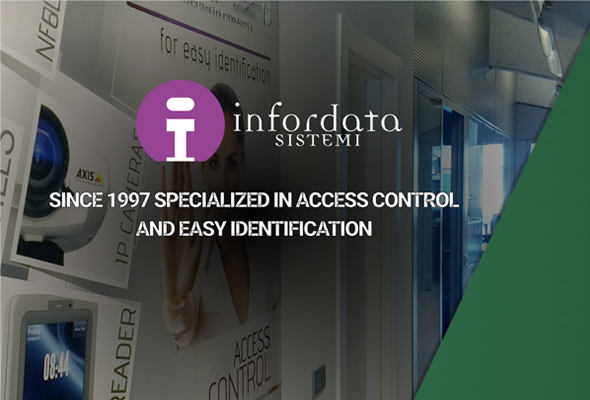Do you accept the invisible?
The coronavirus has changed work and HR trends forever. HR departments have to contend with home office employees and remote recruitment. It's not easy to hire someone without actually seeing them. Verifying that he or she is truly trustworthy is even harder, and is often neglected. Who is hiding behind a small webcam? Does he have such a practice? And aren't you giving access to sensitive data to a fraudster?
Where the world trends are going
Surveys among thousands of recruiters and HR professionals provide an overview of global trends in candidate screening in recent years. Individual respondents from companies across the globe revealed what information they verify about candidates and where they encounter the most common discrepancies.
The most frequently verified information is the integrity of the applicant. This is followed by checks on identity, the truthfulness of references, suitability for the position, drug and alcohol testing, and a check on actual educational attainment. However, some places also require applicants to undergo fingerprint checks or have their social networks screened.
And where do the screeners find the biggest discrepancies from what the candidates report?
- In the EMEA region, i.e. Europe, Africa, and the Middle East, the survey revealed 66% of discrepancies in the candidate's stated prior experience.
- In the second place, with 64%, were misstatements in stated education.
- 42% of candidates had different opinions about their integrity and 36% concealed overdue debts.
- In Asia, the trends are similar, while in the US and Canada, the most significant problem uncovered is the criminal scruples of the people being screened.
Some discrepancies, especially regarding past practice, may not be intended as fraud. However, it is always worth considering why a candidate does not, for example, want any of their previous employers to be contacted for reference checks.
The unconverted and the wicked
Those who do not verify information are guided only by their intuition. And that's a poor guardian of data, money, or reputation. There are many cases where a good background check could have prevented the hiring of a person who caused considerable damage.
You will remember the Czech theft of the century. A security agency hired an employee who had previously been fired on suspicion of stealing 23 million crowns. Maybe it's better not to know, they thought...
Did you know that Yahoo's CEO had to resign because he lied about having an IT degree? Even in the US, where screening is absolutely common, someone neglected the verification process.
And when the Strike Force comes for the CFO of a large clothing company because he has been wanted by Interpol for a long time, a red light should go on in all HR departments by now at the latest.
Why HR departments love background checks
The background check does not mean that every HR department should set aside time for detective work. Using automated employee screening systems, along with the right methodology, saves companies a lot of time and is much cheaper and more reliable than an in-house solution.
Screening companies operate in compliance with legislation and GDPR, delivering objective reports in quick time, for example, scaut.com will prepare tailored screening packages for their clients on the SCAUT digital platform, where you often just enter the candidate's name and date of birth and wait for the report.
And what does a background check bring to HRists in terms of numbers?
- 57% said that screening had improved the quality of recruitment,
- 48% consider more rigorous security screening to be the biggest benefit,
Better company reputation, elimination of risk, and, above all, peace of mind, are other answers that may inspire even hitherto hesitant companies in our country.




